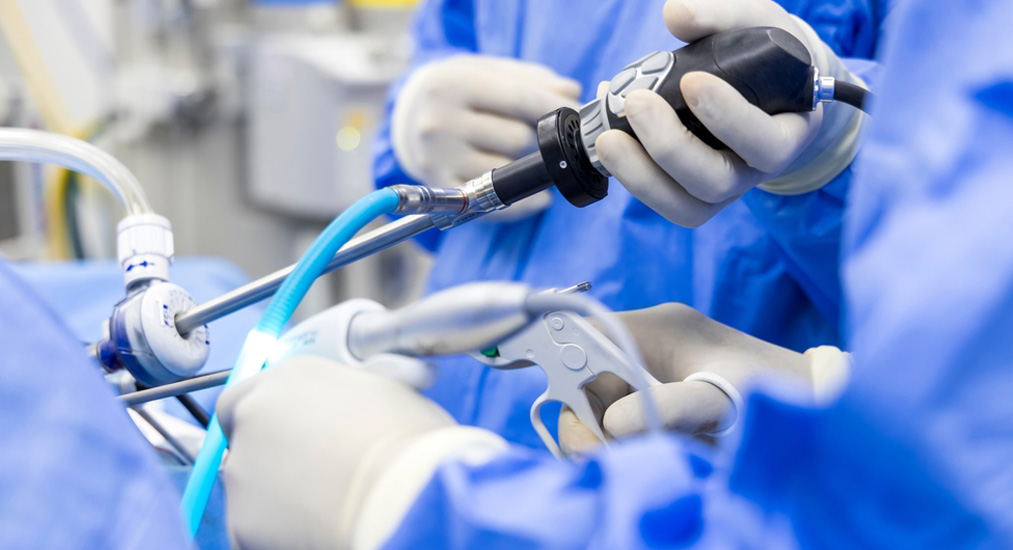Minimally invasive procedures have significantly transformed the landscape of gastrointestinal (GI) care, offering patients less discomfort, quicker recovery times, and excellent outcomes. These innovations, available at leading clinics like KLG Clinic, are revolutionizing how GI conditions are diagnosed and treated.
The Rise of Minimally Invasive Techniques
Minimally invasive procedures utilize advanced technologies and techniques that minimize surgical incisions and trauma to the body. At KLG Clinic, these procedures are spearheaded by Dr. Mahesh Mangulkar, an esteemed Interventional Gastroenterologist renowned for his expertise in advanced endoscopic procedures
Key Innovations in Minimally Invasive GI Procedures
- Endoscopic Ultrasound (EUS): EUS combines endoscopy and ultrasound technology to provide detailed images of the GI tract and surrounding organs. It is used for precise diagnosis and staging of GI cancers, as well as evaluating conditions like pancreatic cysts and bile duct disorders.
- Endoscopic Retrograde Cholangiopancreatography (ERCP): ERCP is a specialized technique used to diagnose and treat problems in the liver, gallbladder, bile ducts, and pancreas. It allows for the removal of gallstones, placement of stents, and evaluation of pancreatic diseases without the need for traditional surgery.
- Capsule Endoscopy: This non-invasive procedure involves swallowing a pill-sized camera that captures images of the digestive tract, providing valuable insights into conditions such as Crohn’s disease, small intestine tumors, and gastrointestinal bleeding.
- Therapeutic Endoscopy: Advanced therapeutic endoscopic procedures include polypectomy (removal of polyps), stricture dilation, and placement of luminal stents to relieve obstructions. These techniques offer effective treatment options with minimal risk and shorter recovery times.
Benefits of Minimally Invasive Approaches
Patients undergoing minimally invasive GI procedures benefit from:
- Reduced Risk: Lower risk of complications compared to traditional surgery.
- Quicker Recovery: Shorter hospital stays and faster return to daily activities.
- Improved Outcomes: Enhanced diagnostic accuracy and effective treatment options.
Conclusion
Innovations in minimally invasive procedures have redefined the standard of care for GI conditions, providing patients with advanced treatment options and improved quality of life. At KLG Clinic, Dr. Mahesh Mangulkar and his team continue to lead the way in integrating these cutting-edge technologies, ensuring exceptional care and outcomes for patients with GI disorders.
For more information on how minimally invasive procedures can benefit you or to schedule a consultation, contact KLG Clinic today.



